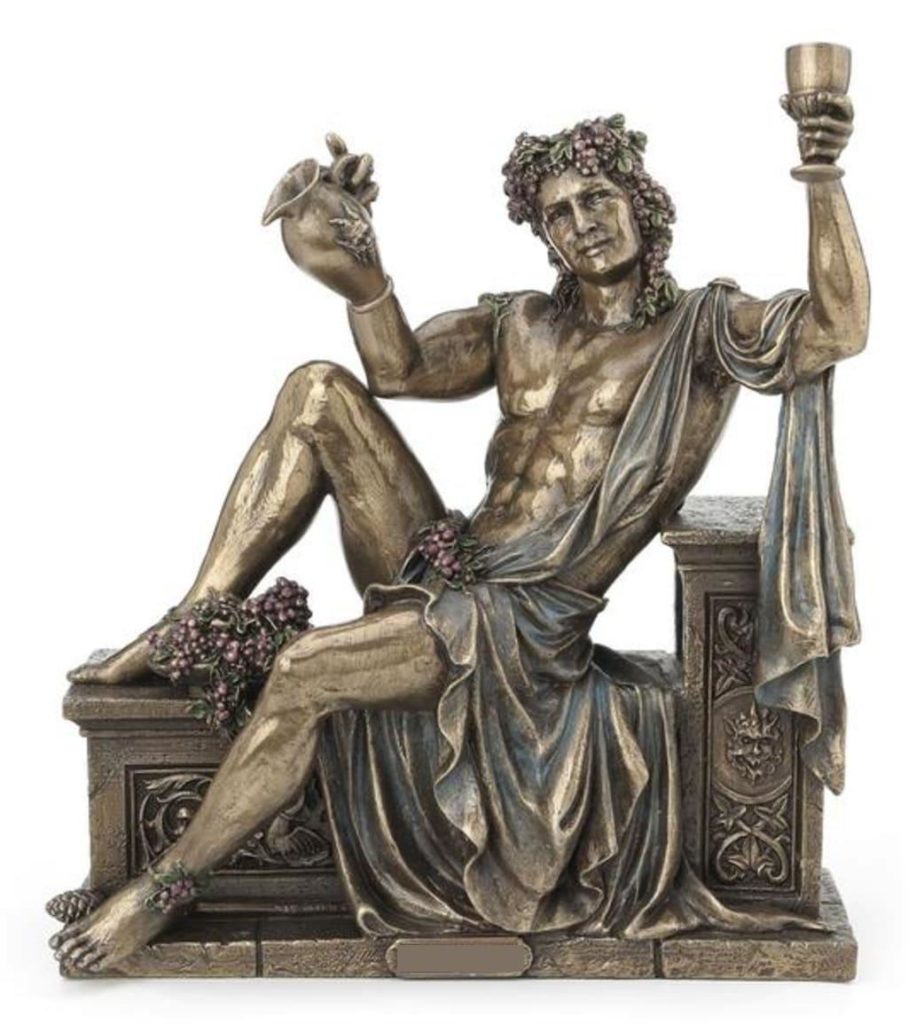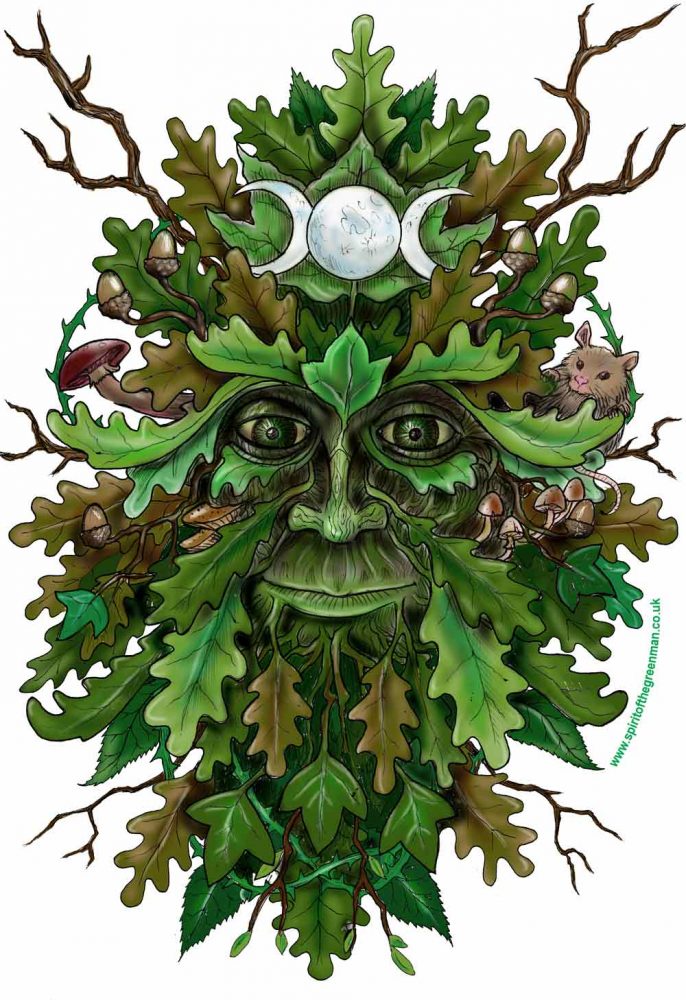
KATHERINE NEVILLE’S
12 Days of Christmas Newsletter
December 30, 2020
Solstice Sun Stops: 21st December, 2020
In ancient times, in Greece and Rome, the Winter Solstice (the shortest day of the year) was celebrated as the “return of the sun,” the day each year when the solar god (Apollo) is “reborn.” This is the turning point when days get longer as the sun starts its long “journey back from the Underworld.” Many mythological or historic solar figures are featured as having their births at around this time of year: Attis, Ahura Mazda–and of course, You Know Who! Two really interesting books on this topic are: John and Caitlin Matthews’ The Winter Solstice: the Sacred Traditions of Christmas, and David Fideler’s classic about Christ as a solar deity: Jesus Christ, Sun of God. (Pun on Sun/Son intended.)
During the ancient Greco-Roman Solstice, each winter the young god of the New Year (Jove or Jupiter) arrived to replace the old god (Kronos or Saturn.) By coincidence, on this year’s Solstice of 2020, the planets Jupiter and Saturn were conjunct (together) in the sky from our point of view here on earth. Astrologers have made interesting observations about the fact that the conjunctions of these two planets (along with a third: the planet Pluto, god of the “Underworld”) first occurred in January of 2020 and have continued throughout the year.
And what a tumultuous, unpredictable year it has been, all around the Globe. It’s almost enough to make one believe in astrology!
The Twelve Days of Christmas
The British song “The Twelve Days of Christmas,” that we all know today, was written within relatively recent times. But the Twelve Days (and more importantly, Nights) go back, in Christianity, to well before the Council of Tours in 567 AD–which declared that the period between the birth of the Divine Child (12/25) and his visit by the Three Magi on “Epiphany” (1/6), was the period to celebrate. (From the Greek “Epi-Phanes”: “Behold the Child”–or Revelation.)
Four hundred years ago (1602), at another Globe, Shakespeare’s wonderful play “Twelfth Night” served to revive, for his own contemporaries, some of the earliest celebrations that had occurred during the Roman Saturnalia (which took place at this same time of year, 2000 years earlier.) Drunken revelries overseen by the Lord of Misrule–women changing places with men, servants and peasants assuming the roles of masters and nobles, the birth of comedy mingled with tragedy…. Pretty much like our twelve nights right now!
To celebrate the twelve days that bring in a new cycle, I’d love to revive two old traditions from those earlier times:
1. Instead of killing a tree and enjoying it just for Christmas, let’s plant an evergreen for the Green Man: lord of vegetation, renewal of the Time–and ruler of the Saturnalia!
2. Instead of giving gifts on Solstice or on Christ’s birthday, let’s give gifts on Epiphany–as they still do in Spain!–and see if we have an Epiphany!
Happy New Cycle!
Facebook @AuthorKatherineNeville & Twitter Katherine Neville

